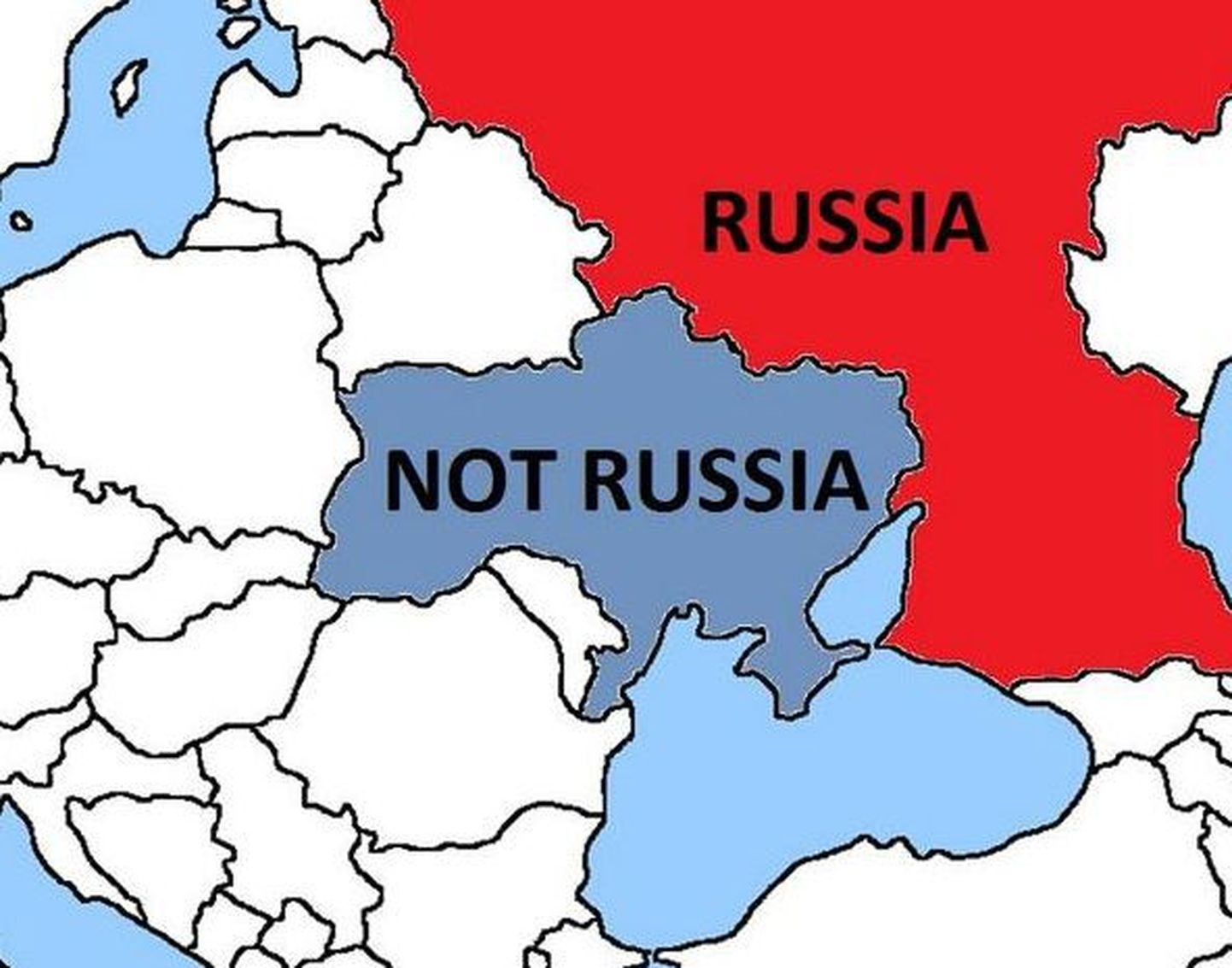Though Moscow continues to deny its coordinated systematic intervention, a change may be observed in the size and behaviour of its armed forces. No longer are the Russian troops fighting in Ukraine at pains to conceal their origin, and, considering the nature of the entire conflict, this is significant.
If the 1.5 hour Minsk meeting of Russian and Ukrainian presidents Putin and Poroshenko did have an effect at all, it was for the worst. While political observers busied themselves with analysing summit outcome, a massive invasion by Russia opened up a new front in East-Ukraine.
Any diplomatic solution will prove evasive till both parties at least agree on the description of what’s happening. Up to now, Western pressure to make Russia own up to its military presence in Ukraine has been rather fruitless.
A new type of war – as described in Postimees by Pierre Vaux, a journalist with Interpreter, thus redefining the goals of the aggressive party: no longer about who’s right, the aim is to create maximum confusion possible so as to retard reaction by the West. Till the tiniest doubt lingers whether the entire operation is controlled by Russia, Mr Putin may manoeuvre on unhindered. To a degree at least, thus far he has succeeded.

/nginx/o/2013/06/13/1827734t1hc32a.jpg)